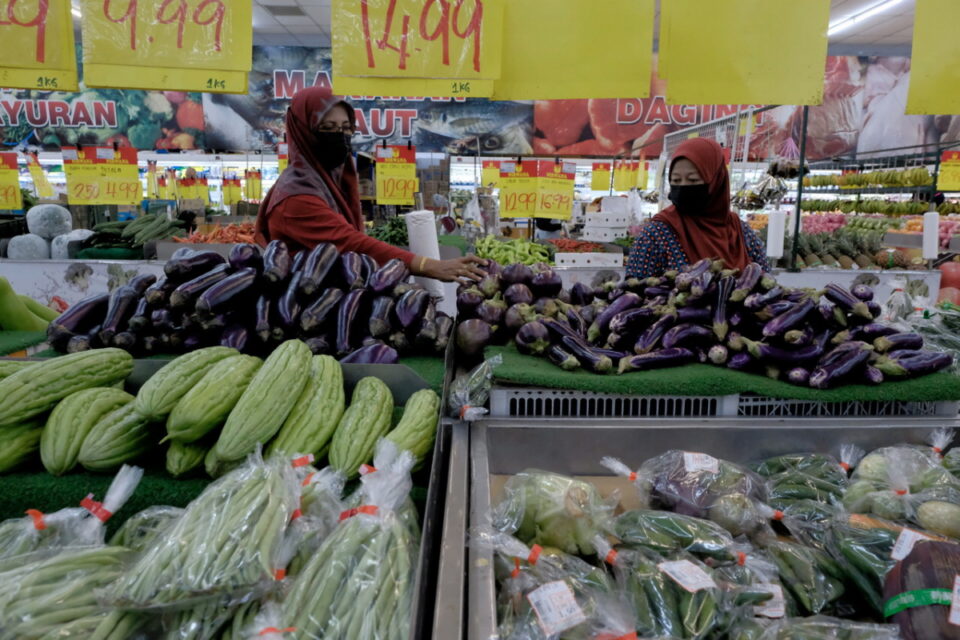KUALA LUMPUR, Dec 5 — MIDF Amanah Investment Bhd (MIDF Research) expects Malaysia’s domestic demand to stay supportive of growth buoyed by the positive labour market, encouraging recovery of the tourism sector and moderating inflation.
The research house said the country’s retail sales registered a 2.7 per cent growth in the third quarter of 2023, beating expectations amid inflation concerns and even surpassing the estimated 1.4 per cent year-on-year growth.
“However, planned policy adjustment next year, involving subsidy rationalisation and gradual increase in domestic fuel prices, could negatively affect spending outlook as inflation would stay elevated,” MIDF said in a note today.
Meanwhile, in a separate research note, the firm has downgraded the consumer sector to “neutral” from “positive” despite the continuous strong out-of-home consumption of food and beverages (F&B) and sustained demand for staple food.
“We opine that consumers are becoming more price-sensitive and restrained in spending on discretionary and major durable items.
“This is mainly due to global economic instability, rising inflationary pressure, and normalising interest rates.”
MIDF said prices of all global commodities for F&B producers in November were trending below their two-year peak levels.
However, it noted that there had been a rebound in the average three-month futures global commodity prices for key raw ingredients in F&B production, including raw sugar, white sugar, cocoa, robusta, and arabica.
“This was primarily attributed to tight global supplies for the said commodities due to extreme weather and congestion at Brazilian ports.”
Thus, MIDF projected fluctuations in certain global commodity prices, namely coffee, cocoa, and sugar, for F&B manufacturers next year would likely continue in the near term.
“This is primarily due to the anticipated tight supplies of (commodities) persisting into 2024, caused by the adverse weather in the major producing countries.
“Additionally, we are wary of ongoing congestion at the main Brazilian ports for agricultural commodity exports, as extended congestion might exacerbate global supply shortages for sugar and coffee.
“Note that Brazil is a major global producer of coffee, soybeans, corn, and sugar,” it added.
— Bernama





